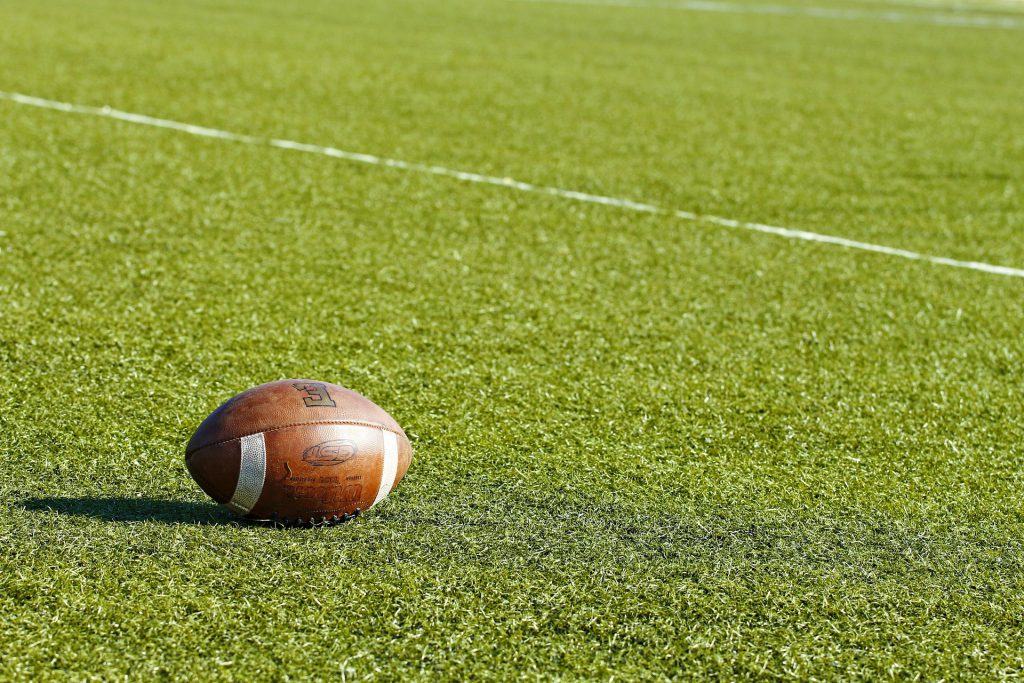Senate Debates High School Sports Eligibility
Should virtual and charter school students be able to participate in district school’s extracurriculars?
Debates over virtual education and charter schools resurfaced during a meeting Tuesday of the Senate Education Committee as the committee heard testimony on a bill that would require school boards to allow students enrolled in virtual charter schools to participate in extracurricular activities in the districts where they reside.
Speaking in favor of the bill was Rolf Wegenke, president and chief executive officer of the Wisconsin Association of Independent Colleges and Universities (WAICU). “I understand we’ve got 40 some approved Department of Public Instruction (DPI) online courses out there that anybody from anywhere in Wisconsin can take,” Wegenke said at the hearing. “Why should we prohibit those taxpayers from that home district who take a DPI approved online course from being able to participate in the extracurricular activities in their very own home district?”
“As we found out for many of our kids, the virtual thing just isn’t working,” he said. “The change would only be in effect until the end of 2022, he said, adding, “I would think COVID would be very far in the rear view mirror by then.”
Wegenke said some parents and students want to choose to enroll in charter schools and shouldn’t be denied the opportunity to participate in sports, which are important for mental health and student engagement. “It’s a horrible disservice to our youth where they don’t even have sports now,” he said. “And these kids are being denied this right to play. It’s not fair. And that’s what this bill seeks to change.”
WIAA responds
Dave Anderson, the executive director of the Wisconsin Interscholastic Athletic Association (WIAA), spoke against the proposed law, saying the decision of who participates in sports is not a legislative one.
“The legislature is inserting themselves into the decision-making process of a private and member- directed organization,” Anderson said, saying that a foundational principle of the WIAA is that the 500 member high schools “agree to only use their own full-time students on their interscholastic athletic teams.”
“One of the key concerns for our members is that when I am enrolled as a full-time student, I buy into all that is required and expected of me as a full-time student, the requirement of daily attendance and making academic progress and requirement of appropriate social behaviors and those sorts of things,” Anderson continued. “This bill creates a lack of uniformity for those who might not be enrolled as full-time students at the high school…”
The WIAA, said Anderson, wants to ensure that teams arise organically from communities and aren’t luring students to participate in “super-teams.”
“These rules are designed to promote fairness equity to all student athletes and members, schools,” Anderson said. “We have experienced in our 125 years as an organization that transfer students have fractured our membership at different times when high-profile individuals will transfer and result in our members refusing to play one another.”
Wade Labecki, the WIAA’s deputy director, clarified that the transfer rule does not apply to families that actually move to new communities, and it operates on a tiered system, so in actuality only seniors who transfer are fully prevented from competing.
Labecki, who coached football for 17 years, said that allowing athletes to compete when they are not enrolled at the school could displace other students from spots on teams. “I asked kids to come into the weight room. I asked kids to come to practice every day. I asked kids to give up their summertime to run and to prepare for the season,” said Labecki. “And that kid who has done all of those things that I’ve asked is now displaced by another student and somebody else has taken their spot. The rule is to protect all the kids who are participating in their program at the current time, so they’re not displaced. And abuses are real.”
Reprinted with permission of Wisconsin Examiner.























Charter schools made their bed. Let them sleep in it and stop stealing money from free public education that brings education to all.